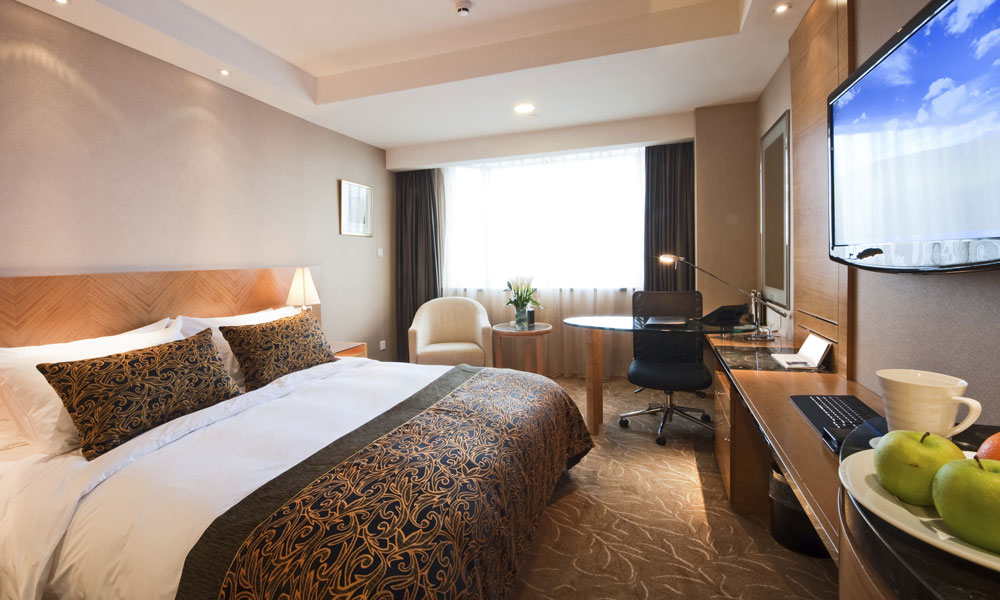
Social Media Roundup: The Future of Hotel Stays
Hotels have plenty of eco-friendly and tech-savvy ideas in store for their guests. Also: Trusting employees to pick their own hours enhances productivity, but it comes with its own challenges.
Will staying in a hotel feel like The Jetsons anytime soon? Maybe hotels aren’t getting that futuristic yet, but the hospitality industry has a lot of interesting things up its sleeve.
That and more in today’s Social Media Roundup:
Hotels Look Ahead
More tech savvy and going greener! 3 Trends That Will Redefine Hotels: http://t.co/JXoCpXgURM via @pcmahq #eventprofs #hospitality
— Social Tables (@socialtables) April 30, 2013
What’s next for the hospitality industry? Some hotels are turning into technological and eco-friendly environments. Offering features like iPad check-ins, LED lighting, and in-room key-card energy controls, hotels are becoming more tech-savvy and adopting eco-friendly practices. Loyalty programs may also get a revamp, even though that path is not as clear. David L. Jones, Ph.D., who heads the Department of Hospitality Management at the University of San Francisco, predicts that more individualized services will take the lead. But what hotels will offer in 2020 depends on the minds of young hotel management leaders. “These students are already inclined toward understanding what the guests want, and they understand how service should be delivered,” Jones tells PCMA. “Therefore, the ability to attract guests who return stay after stay is ultimately a factor of how well we educate the future industry leaders at the university level.” (ht @socialtables)
Trust Your Staff
4 reasons why you need to end set working hours http://t.co/a2mBzOCW8A @ilyaNeverSleeps #eventprofs #leadership
— Jason Hensel (@pimplomat) April 30, 2013
Have you ever found yourself trying to complete a task against the clock but being overridden by interruptions and distractions in the office? Most 9-to-5ers have, too. Ilya Pozin, founder of Ciplex, believes nixing the 9-to-5 work week and giving employees autonomy in scheduling their workdays is the solution, even if it means changing your company culture. “Dropping your employees’ standard hours may require a cultural shift within your company. Not all change is bad. In fact, this one will reap benefits of increased flexibility and autonomy. Employee happiness and productivity is linked to trust—and enforcing hours shows exactly the opposite,” Pozin writes. A change like this requires plenty of trust that employees will get their work done. Would this ever work for your organization’s staff? (ht @pimplomat)
What links have you been sharing today? Let us know in the comments.
(iStockphoto/Thinkstock)






Comments